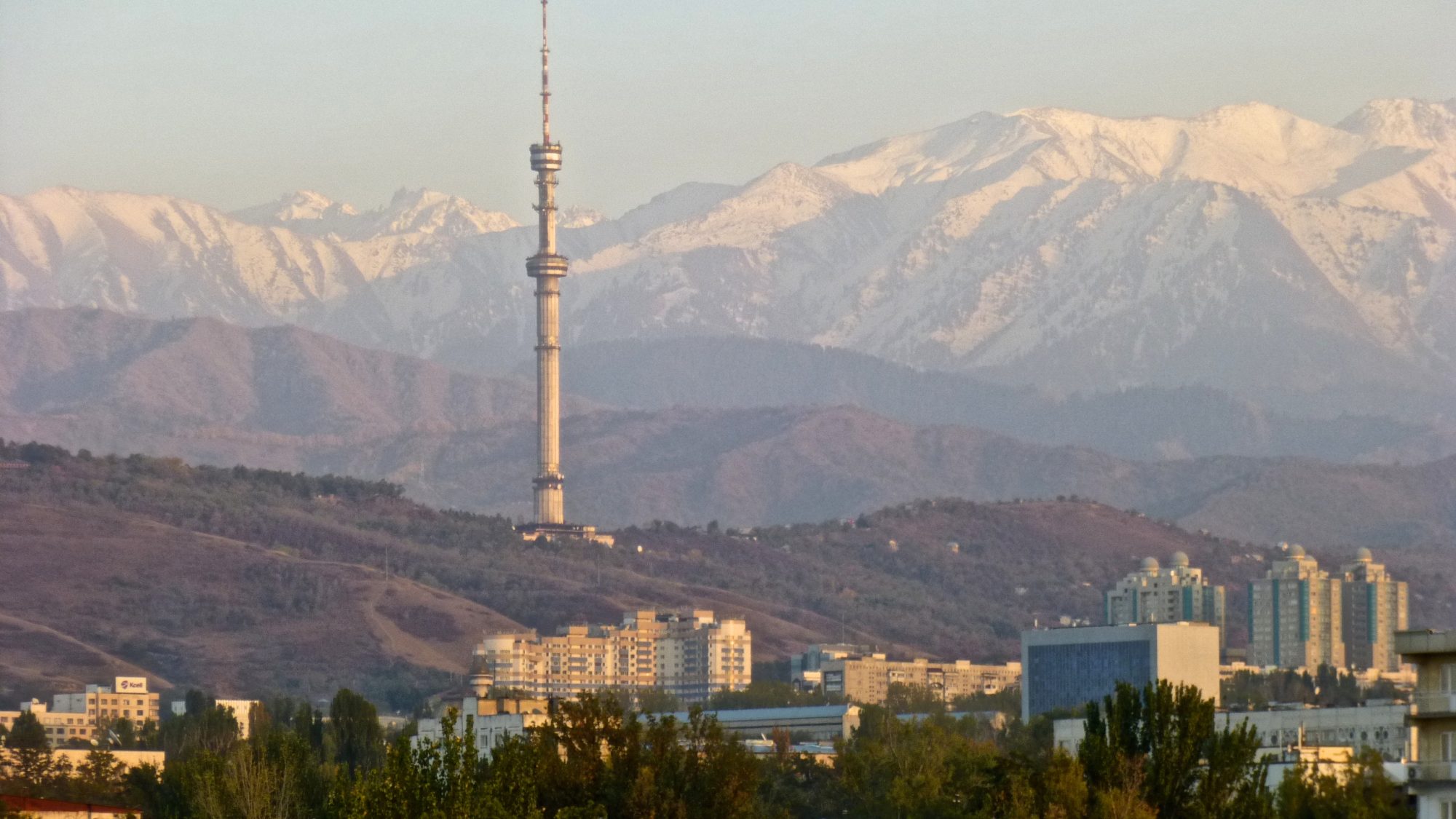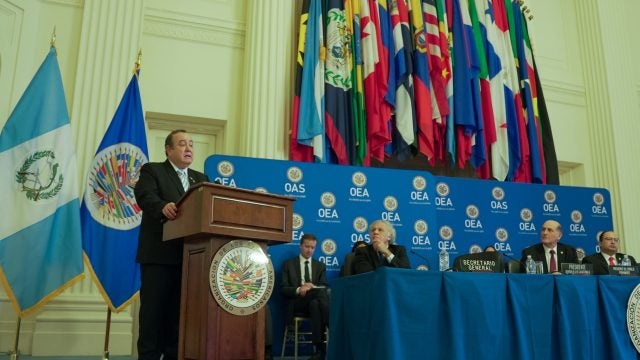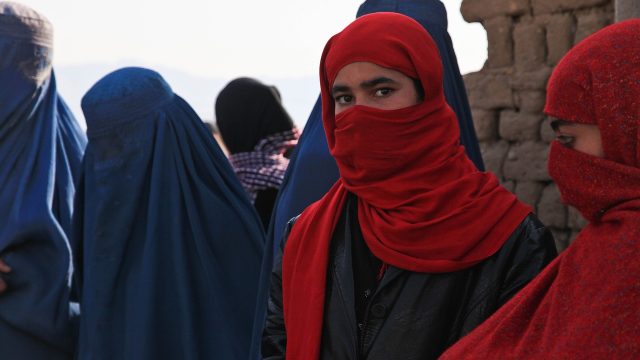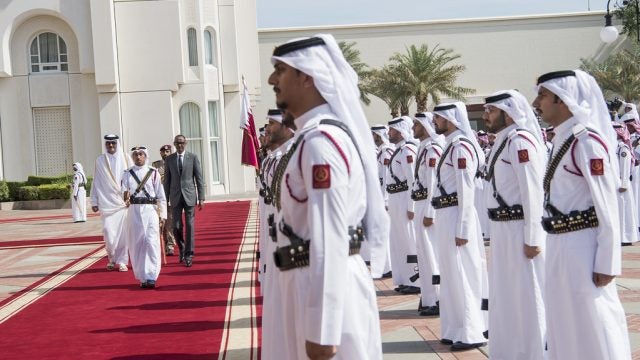
Title: “A Bad Peace Is Better than a Good War”: Central Asian Foreign Policy Responses to the War in Ukraine
While Russia’s aggression in Ukraine has been unequivocally condemned by the West and even provoked discussions about active involvement in the war, Central Asian policymakers have reacted with the utmost restraint. This is not only due to multi-faceted dependencies on Russia, but also to a political culture based on the conviction that, in foreign policy, pragmatism is better than principle and that relations with neighbors should be dictated by long-term strategic interests rather than morals.
Central Asian officials have reacted with caution to Russia’s assault on Ukraine. None of the five countries on the southern periphery of the former Soviet empire have openly condemned the invasion, but they have not publicly supported Russia’s actions either. The UN resolution of March 2 is most indicative in this regard: while an overwhelming majority of member states denounced the Russian invasion, Kazakhstan, Kyrgyzstan, and Tajikistan were among the thirty-four countries that abstained from the vote, and Uzbekistan and Turkmenistan were among the twelve countries that did not participate at all.
This voting behavior is not to be confused with indifference. Kyrgyzstan, which initially expressed understanding for Russia’s position vis à vis Ukraine, changed its stance amidst criticism from various sides and now maintains a position of neutrality, while Tajikistan and Turkmenistan have refrained from publishing any official statements at all. This explicit silence clearly indicates that Central Asian policymakers do not share the prevailing Western opinion that they should become part of the conflict. They deliberately do not want to be regarded as conflict parties and do not want to become involved.
The same is true with Kazakhstan and Uzbekistan. Central Asia’s biggest players defend their neutrality proactively, but they also demonstrate that strategic ambiguity does not preclude engagement. Kazakhstan’s President Kassym-Jomart Tokayev clarified early on that Kazakhstan adheres to international norms and does not recognize the self-proclaimed Donetsk and Luhansk People’s Republics in Ukraine. He demanded that violence in Ukraine be stopped and that conflict parties find common ground at the negotiating table. “A bad peace is better than a good war,” Tokayev argued, offering that Kazakhstan could serve as a potential mediator—a role that the country has assumed in international conflicts before. On February 22, just before the invasion, Kazakhstan’s Foreign Minister Mukhtar Tleuberdi declared that his country would not support the Russian side with troops. Tleuberdi noted that neither existing military agreements with Russia nor Kazakhstan’s membership in the Collective Security Treaty Organization (CSTO), the Russian-led security organization that helped President Tokayev regain control during the unrest that shook Kazakhstan at the beginning of the year, would allow for the deployment of military or peacekeeping forces outside of CSTO territory.
Despite maintaining a neutral stance, Kazakhstan has sent more than one hundred tons of humanitarian assistance to Ukraine. Amidst concerns that Kazakhstan would allow Russian businesses to use both countries’ membership in the Eurasian Economic Union (EEU) to circumvent sanctions imposed against the Russian economy and financial system, Timur Suleymenov, the first deputy chief of staff in the Kazakh presidential administration, promised compliance with the sanctions regime during a trip to Brussels on March 28, stating that his country would do its best to control the influx of goods and investments accordingly. However, Suleymenov also declared that Kazakhstan will continue to invest in and attract investment from Russia to safeguard the national economy. The commitment to honor existing agreements with Moscow as well as develop trade and economic cooperation seems to have been confirmed by President Tokayev in a telephone conversation with his Russian counterpart on April 2.
A similar approach has been adopted by Uzbekistan. Among its Central Asian neighbors, the country has the largest room to maneuver, as it does not belong to any of the regional organizations under the Russian umbrella, such as the CSTO or the EEU. However, Uzbekistan has expanded economic relations with Russian partners in recent years. Like Kazakhstan, the country’s energy sector relies heavily on Russian distribution networks, and roughly 1.5 million Uzbeks depend on jobs in Russia to feed their families at home.
Initially, Uzbekistan had not commented at all on Russia’s actions in Ukraine. Only on March 17 did Foreign Minister Abdulaziz Komilov come forward with an explicit statement. Speaking to the Uzbek Senate, Komilov demanded that military actions and violence in Ukraine be stopped right away and called for the two sides to resolve the conflict by diplomatic means. Komilov emphasized that Uzbekistan recognizes Ukraine’s independence, sovereignty, and territorial integrity, and that the country would continue to provide humanitarian assistance to Ukraine. At the same time, he stressed that Uzbekistan would pursue cooperation with both Ukraine and Russia.
This position, however, must be put into perspective. According to the Uzbek President’s press service, President Shavkat Mirziyoyev confirmed Uzbekistan’s commitment to its strategic partnership with Russia in a March telephone conversation with Vladimir Putin. The press service reported that the two presidents discussed trade and investment projects, noting that Uzbek-Russian cooperation had advanced to an unprecedentedly high level and that the conversation between the two took place “in the spirit of friendship and trust.” Indeed, while Western enterprises have more or less stopped their engagement with Russia, Uzbekistan seems intent to not only develop new joint projects, but to seize the current opportunity and pursue its vision of becoming a regional industrial and commercial hub as big enterprises are leaving Russia. The statement of a major Uzbek investor during the first Tashkent International Investment Forum in late March can be regarded as programmatic in this regard: “we must not allow the ‘sellers of risks and threats’ to intimidate us again and drive us into the past. Integrating into the global economy, attracting investment and technology, and decisively propelling the country into the 21st century has never been more real or achievable.”
Both Kazakhstan’s and Uzbekistan’s approaches demonstrate that they neither intend to adopt the Manichaean world view advocated by Western countries nor meet implicit expectations that the world should comply with the sanctions imposed on Russia and reduce cooperation with that country. Instead, the Central Asian republics seem determined to proactively defend their strategic interests—which include friendly relations with Moscow. This is certainly due in part to economic dependencies, but equally decisive is the conviction that, in foreign policy, pragmatism is a better guide for action than morals as it allows for the pursuit of sound relationships with a multitude of actors. This approach, which has evolved during the post-Soviet era, is intended to safeguard the Central Asian republics’ independence and negotiate their relationships with Russia, China, and the West. After the fall of the Soviet empire, it was Kazakhstan which achieved the highest degree of economic and diplomatic success due to its “multi vector diplomacy.” Uzbekistan, too, is explicitly committed to this principle, which has helped the country integrate into the wider world after Shavkat Mirziyoyev took the reins of power in 2016.
Amidst the economic slowdown arising as a result of the anti-Russian sanctions, the relative weight of Central Asia’s foreign policy vectors will likely change, but the countries in the region will continue to maintain ties with both the West and Russia simultaneously. Central Asia’s geopolitical importance to Russia will probably impact Western investors’ risk assessments, resulting in a decrease in investment activities. On the other hand, Central Asia’s energy exporters will try to become less dependent on Russia by diversifying their export routes. Overall, Central Asia will step up cooperation with China, Turkey, India, and Arab countries, which are generally less value-oriented in their foreign policies and more inclined to pragmatism and a multi-vector approach. In a situation of heightened geopolitical tension, these may indeed be the virtues that matter.
…
Andrea Schmitz is a Senior Associate at the Eastern Europe, Eurasia Division of Stiftung Wissenschaft und Politik (SWP), the German Institute for International and Security Affairs in Berlin. A social anthropologist by education, Andrea Schmitz has been working on Central Asian political developments and on the Central Asia policies of the EU, the U.S. and Russia. Her fields of expertise cover a wide range of topics, including power structures and decision-making processes, Islam and Islamism and regional and foreign policies in Central Asia.
Image Credit: Michael Grau, CC BY-SA 3.0
More News

For many in the Global South, the ‘American Peace’ or Pax Americana is a mirage amid a world of war, economic hardship, forced migration, environmental calamity, and political repression while…

The United Nations is scheduled to host its third meeting of international envoys to Afghanistan in Doha on June 30, 2024. This meeting aims to discuss and address significant…

Qatar plays a crucial role in mediating conflicts in the Middle East region. Its engagement in negotiations with diverse stakeholders–including countries like Lebanon, Sudan, and Libya and non-state actors such…